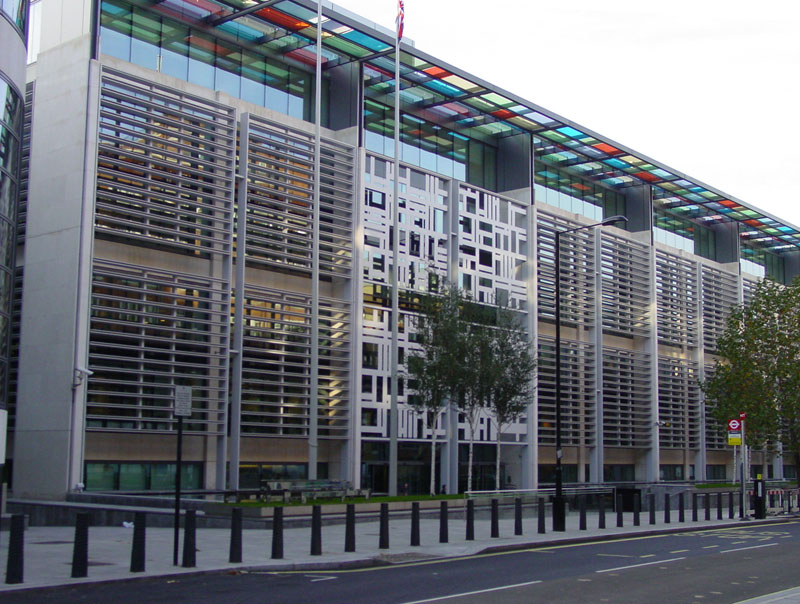The United Kingdom’s Home Office introduced new police powers on Sunday to deal with protests in the country, authorising police forces to take into account the history of previous demonstrations when deciding whether to impose restrictions.
According to the statement, police forces will now be allowed to evaluate “cumulative impact,” or the overall effect of repeated protests, when deciding whether to impose conditions on such gatherings.
Home Office noted that for this purpose they will amend Sections 12 and 14 of the Public Order Act of 1986 to enable officers the overall effect of frequent demonstrations and impose “conditions on public processions and assemblies.”
Section 12, which focuses on public processions, including marches, allows police officers to impose conditions on the route, timing, and size of the march if they believe it will lead to severe disorder, damage to public property, or disruption to the community. Section 14, on the other hand, deals with public assemblies, including static protests, and grants the police similar powers regarding location, duration, and the number of participants.
The proposed changes could explicitly allow officers to consider the prolonged nature of protests rather than assessing each event in isolation when imposing limitations.
According to Defend Our Juries, a legal and activist group in the UK, the ban aims to “silence the opposition” of the genocide in Gaza and signifies a backslide to authoritarianism.
The changes follow the attack at a Manchester synagogue just days earlier, killing two Jewish community members, and a series of large-scale protests in support of Palestine Action following its designation as a terrorist organization in July 2025. Since then, the police have arrested hundreds of protesters.
